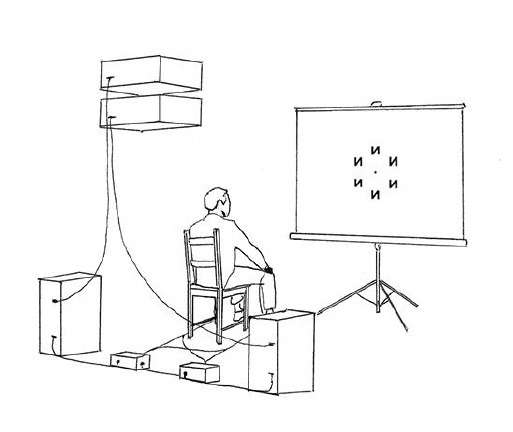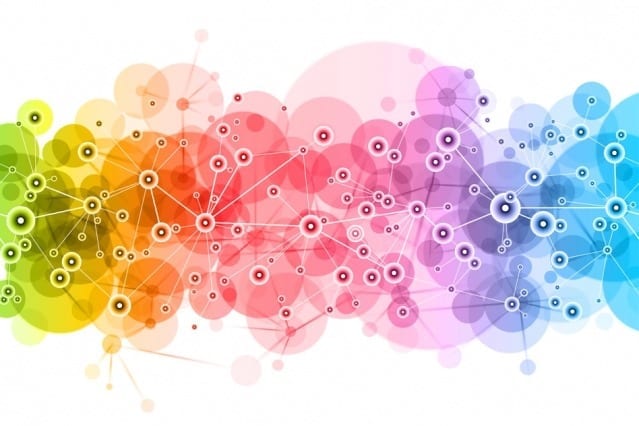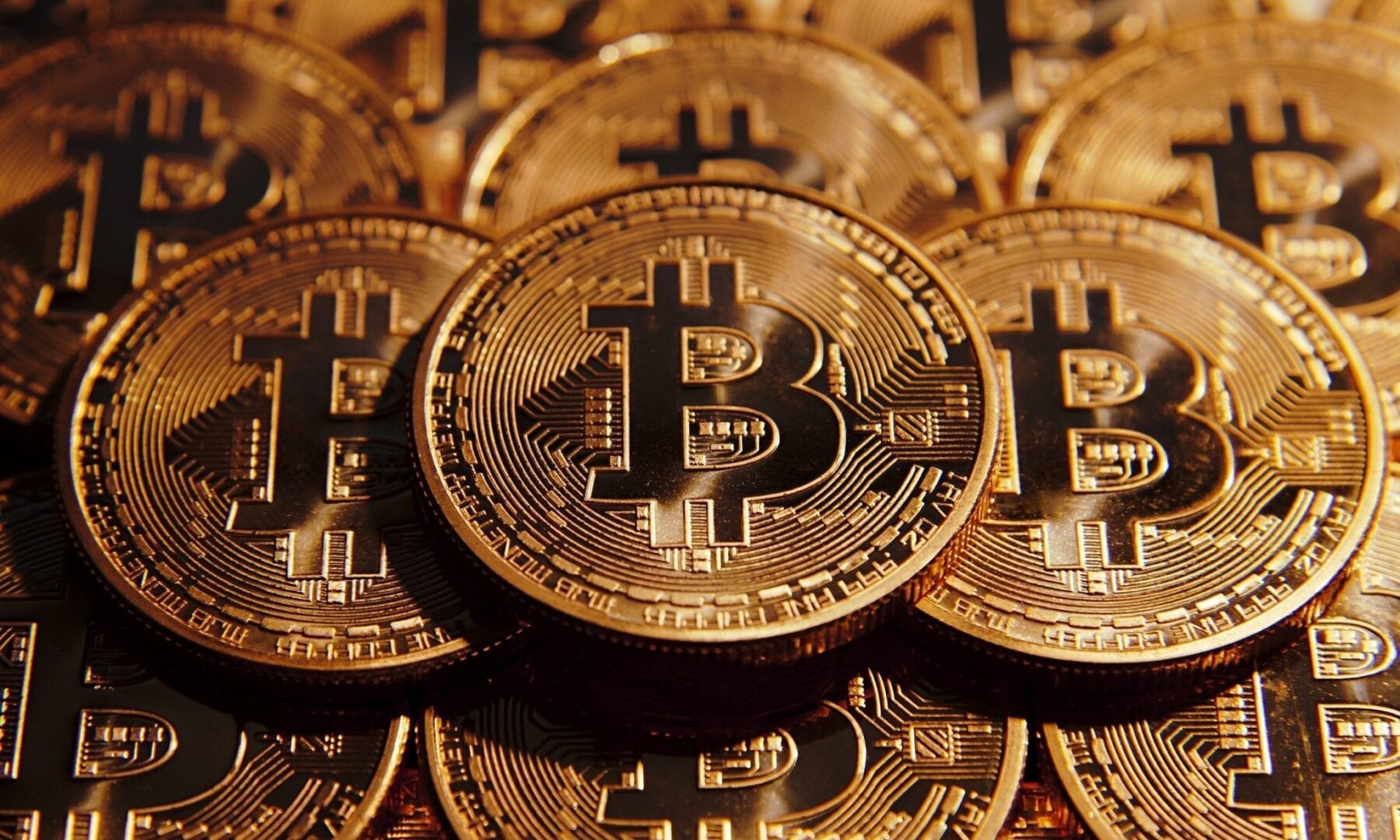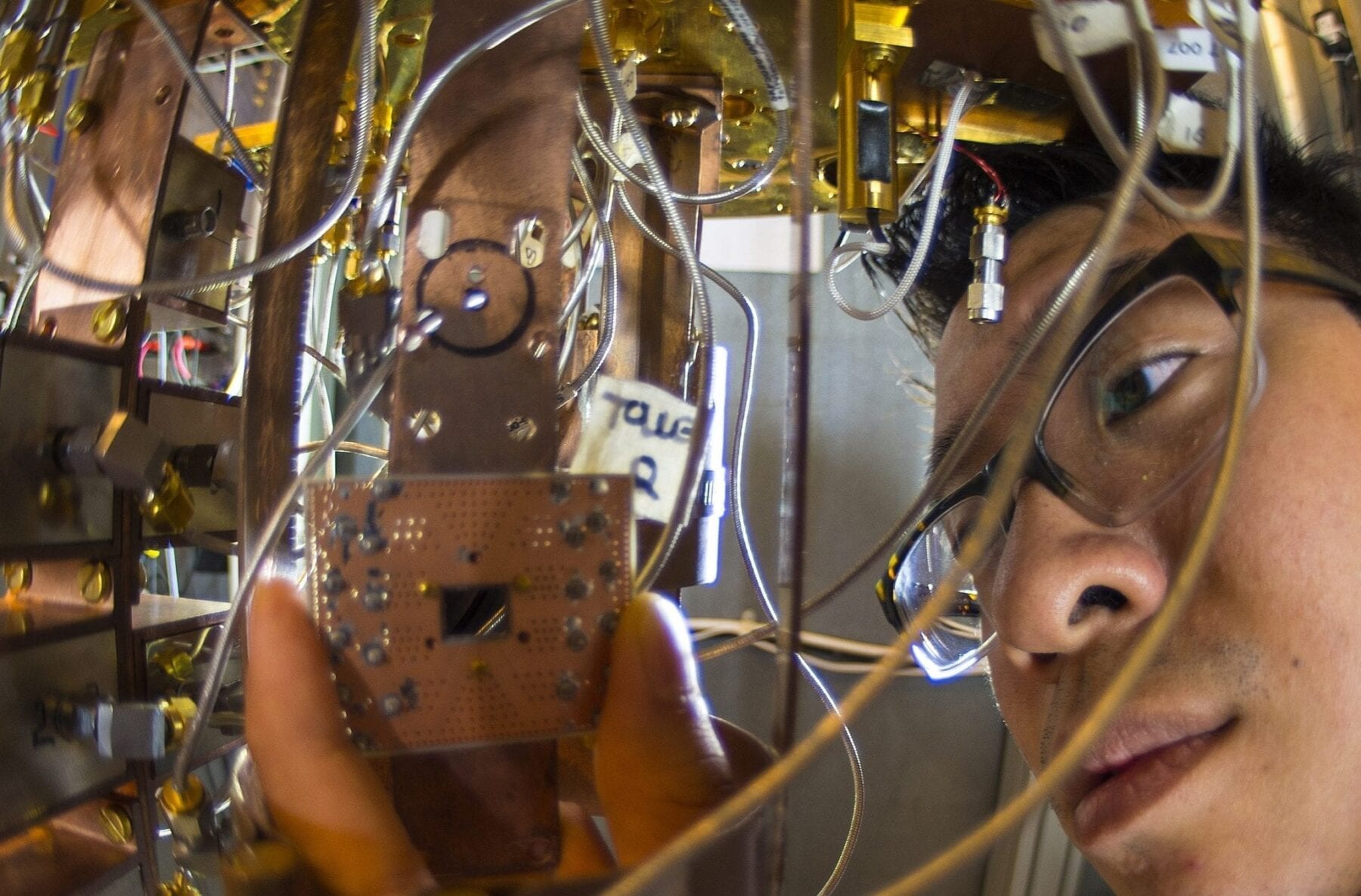
With Apple’s launch of new health tracking tools for the iPhone and medical researchers’ forays into Facebook to recruit clinical trial volunteers, Web and mobile apps are increasingly seen as a new source for health data.
But psychologists are also looking to the Internet as a new source of information about the mind — and an Indiana University researcher is on the forefront of those developing the tools to make it happen.
Josh de Leeuw, a graduate student in the IU Bloomington College of Arts and Sciences’ Department of Psychological and Brain Sciences, is the creator of jsPsych, a free open-source software platform that employs a common Web technology to conduct psychology experiments over the Internet. The program allows psychologists without significant programming skills to deliver tasks common to research on the mind through a Web browser.
“Conducting psychology research online is appealing for a number of reasons: faster data collection, lower costs and improved anonymity of subjects and experimenters,” de Leeuw said. “Internet users are more demographically diverse than the population conventionally sampled for behavioral research in psychology — a fact that could contribute to results that better reflect the population at large.”
This means the current pool of psychology research volunteers — generally, college students — could expand since participants would no longer need to travel to a researcher’s lab to perform tasks common in psychological research. Using jsPsych, a psychologist could present anyone with Internet access with on-screen stimuli and then collect responses. Study instructions and consent forms could also be delivered electronically.
“Online experimentation is the bleeding edge of psychology research, and many believe online studies will play an important role in addressing the so-called ‘replication crisis’ in psychology,” said Ben Motz, senior lecturer and director of undergraduate instruction in the Department of Psychological and Brain Sciences, who has collaborated with de Leeuw. “Josh’s work is at the epicenter of this — and it’s all the more impressive that he’s developed this platform as a graduate student.”
The replication crisis refers to a growing concern in experimental psychology — and the larger scientific community — about the drop in studies able to confirm previous work with experiments that achieve the same results using the same methods, as well as the increased risk of data manipulation in studies with small sample sizes.
Reducing costs and other barriers to psychological research could increase the number of replication studies, as well as the overall number of volunteers and data produced, in turn creating stronger results.
A few psychology researchers are already using online services to conduct research. One of those tools is Amazon Mechanical Turk, a service from the retail giant that enables anyone to hire online workers to perform short, simple tasks.
Others remain hesitant to employ these methods due to worries about the quality of data collected outside the highly controlled environment of a research lab. To address this concern, de Leeuw recently published a study in the journal Behavior Research Methods investigating whether one specific issue among brain researchers — the potential delays in response introduced by the use of online technology — represents a significant barrier to conducting research online.
That study looked at differences between Matlab’s Psychophysics Toolbox — one of the most popular software systems for psychological experiments — and jsPsych.
To measure the speed that information is displayed on-screen and its effect on reaction time, de Leeuw asked 30 volunteers to sit in front of a projection screen and hold a thumb-activated switch in each hand. If volunteers saw the letter “N,” they clicked a button with their dominant hand. If they did not see the letter, they clicked with their other hand. Volunteers repeated this experiment 400 times, with only a 45-second break in the middle.
To prevent weariness from affecting the results, de Leeuw set up the screen to project two images simultaneously — one generated by jsPsych, the other by the traditional system — enabling response times to both systems to be measured simultaneously.
In psychology research, response times may be used to discover which mental operations are more difficult than others, or to measure how uncertain people are about a decision. They can help distinguish between different theories of perception, memory, decision-making and social cognition. Psychologists refer to the study of the relationships between stimulus and response as “psychophysics.” Measuring response times is only one of many applications of jsPsych.
Read more: Internet as new frontier in collecting data on the mind
The Latest on: Internet and psychology
[google_news title=”” keyword=”Internet and psychology” num_posts=”10″ blurb_length=”0″ show_thumb=”left”]
via Google News
The Latest on: Internet and psychology
- AI products for kids promising friendship and learning: Three things to consideron May 7, 2024 at 10:16 am
Smart toys with internet connections and AI-enabled robots, with capacities for sophisticated social interactions with children, are widely available today. This is no doubt driven by rapid ...
- Jar Jar Binks Actor Says His 'Career Began And Ended' With Hated 'Star Wars' Roleon May 4, 2024 at 2:08 pm
Ahmed Best, who unwittingly portrayed the most reviled "Star Wars" character ever, is finally speaking up — and defending himself.
- Psychology explains occurrences of alien abductionson April 30, 2024 at 7:40 am
In September 2019, a new internet sensation swept across the nation: Storm Area 51. With the motto, “They can’t stop all of us,” millions of people became obsessed with the idea of discovering secrets ...
- Internet Trolls: The Psychology Behind the Rantson April 23, 2024 at 7:37 am
PCWorld helps you navigate the PC ecosystem to find the products you want and the advice you need to get the job done.
- Is a Psychology Degree Worth It?on April 9, 2024 at 5:00 pm
Cited projections do not guarantee actual salary or job growth. If you're interested in the human mind, you might want to pursue a psychology degree. But you may also be wondering how you might use a ...
- The Psychology of the Interneton April 2, 2024 at 9:30 am
An engaging and research-based text, The Psychology of the Internet provides a balanced overview of the psychological aspects of cyberspace. It explores crucial questions about the Internet's effects ...
- How Psychology Has Changed Our Mindson January 28, 2024 at 9:36 am
Out with psychology; in with neuroscience! Others reject a scientific approach altogether and seek answers from mystics, self-help celebrities, and internet gurus. This skepticism is understandable.
- The Psychology of the Interneton December 8, 2023 at 8:32 am
An engaging and research-based text, The Psychology of the Internet provides a balanced overview of the psychological aspects of cyberspace. It explores crucial questions about the Internet's effects ...
- Psychology and Neuroscienceon December 5, 2023 at 6:43 pm
Psychology is the scientific study of how and why people think, feel, and behave as they do. Psychology focuses on understanding basic functions such as memory, emotion, visual perception, social ...
- Department of Psychologyon November 8, 2023 at 6:28 am
The Department of Psychology at Saint Louis University focuses on exploring and understanding the complexities of the mind and human behavior through research, specialized programs and a vibrant ...
via Bing News










